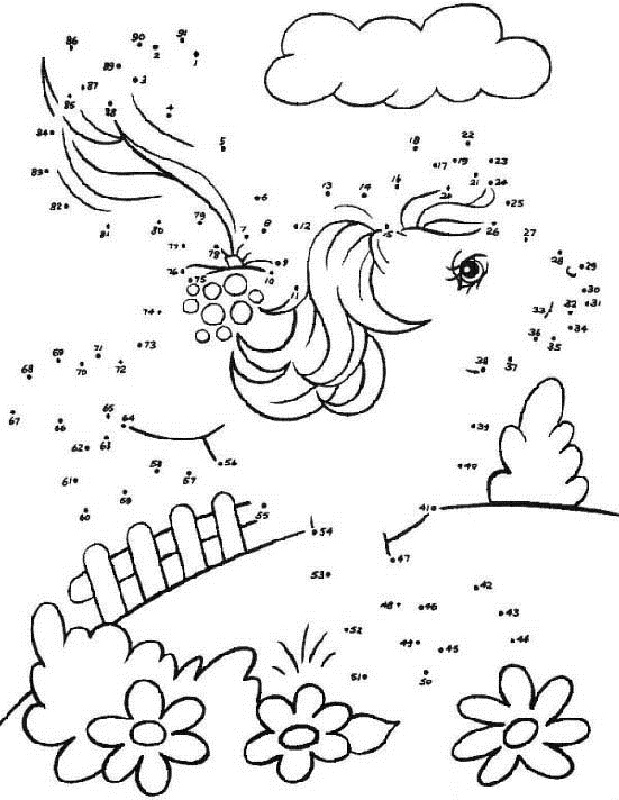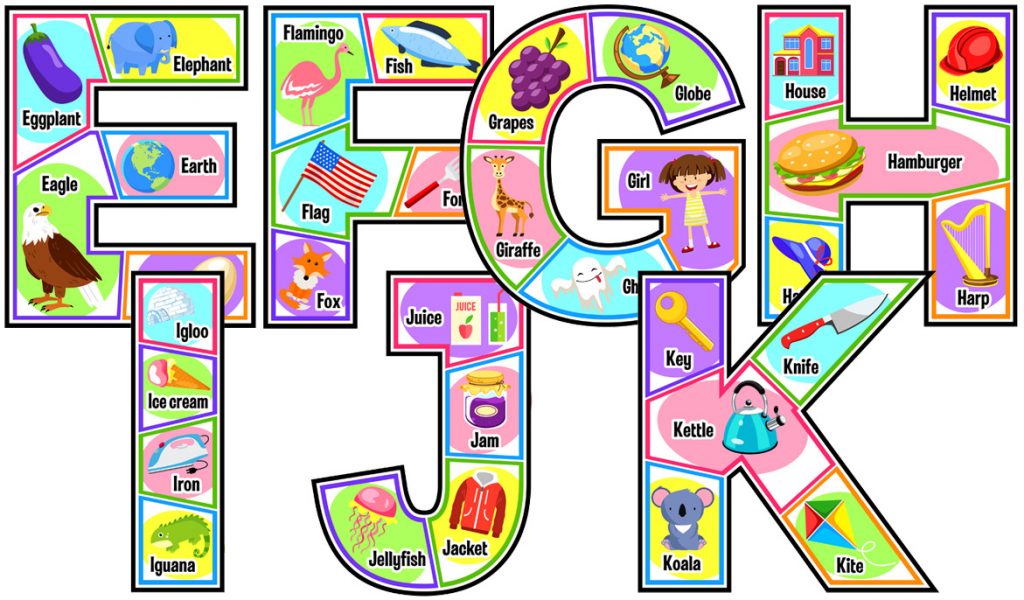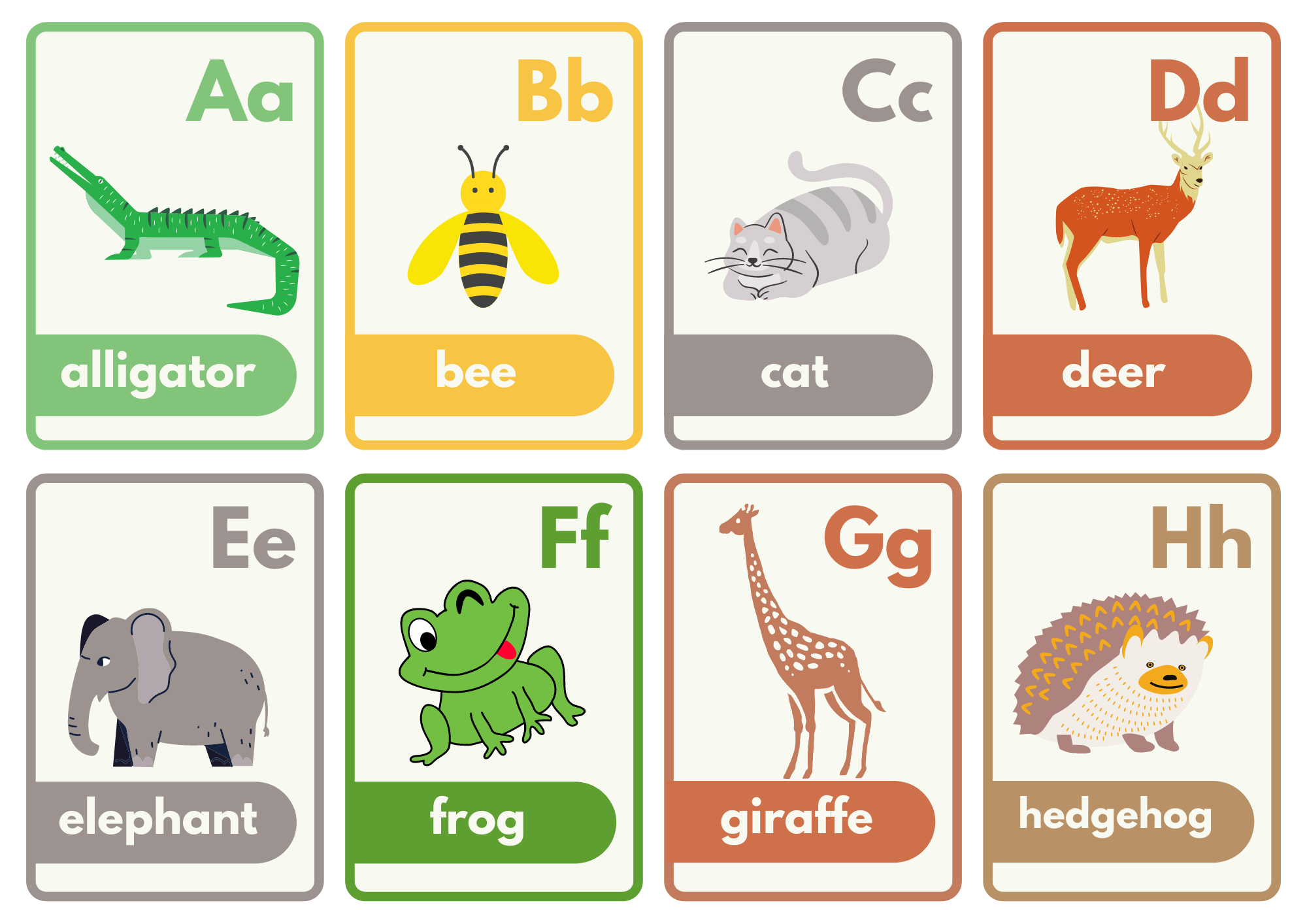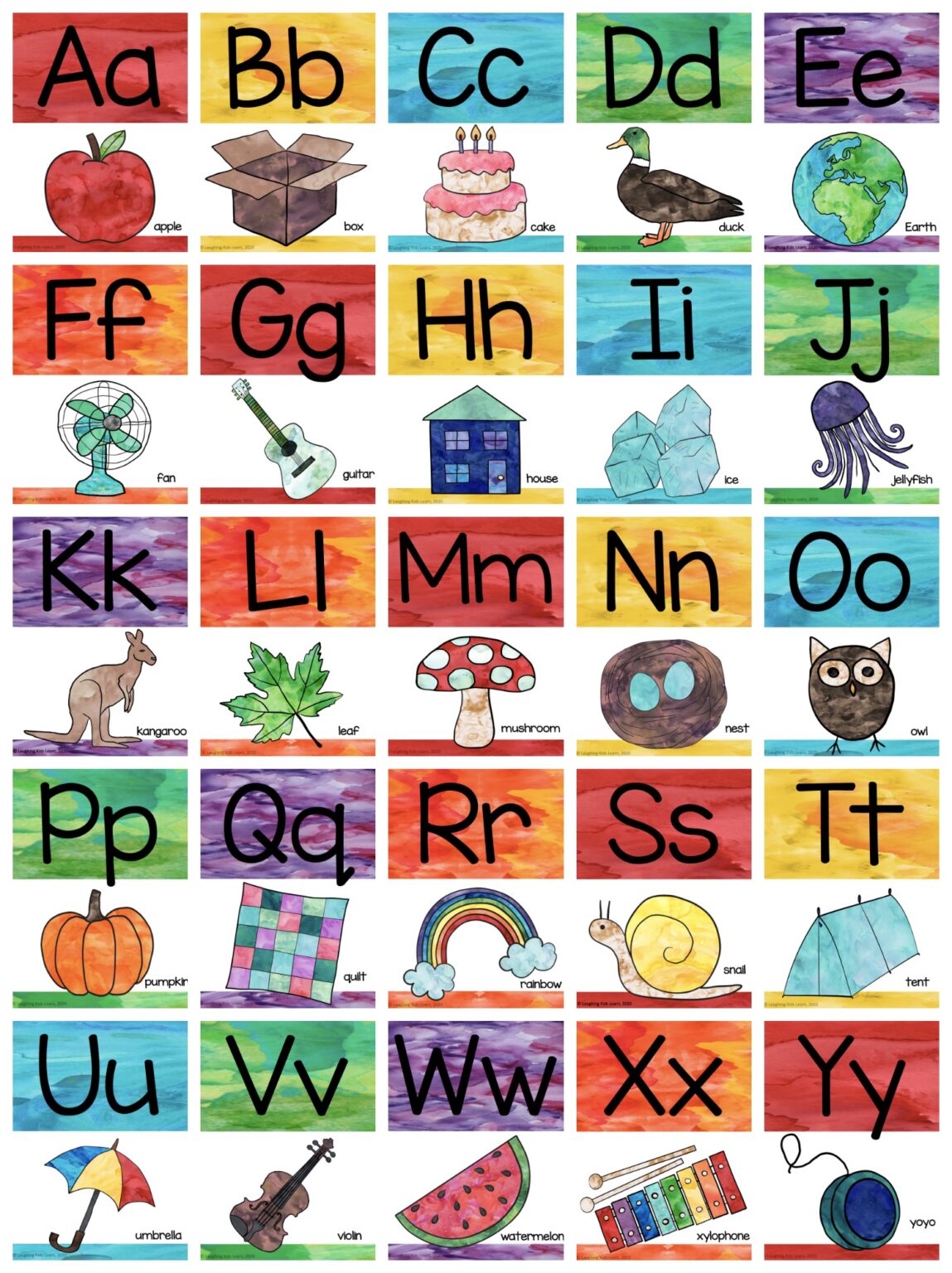Vocabulary infographic
Table of Contents
Table of Contents
Are you struggling to learn vocabulary and retain it? Do you find yourself forgetting words shortly after you learn them? If so, you’re not alone. Learning new words can be challenging, but with the right strategies, it can be a lot easier.
The Struggles of Vocabulary Learning
For many people, learning vocabulary can be a painful experience. It’s no secret that English has a vast number of words, and it can feel overwhelming trying to remember them all. Whether you’re a non-native speaker or a native English speaker, effectively learning and utilizing new vocabulary is essential to improve communication skills and succeed in academic and professional settings.
The Target of Strategies to Learn Vocabulary
The goal of strategies to learn vocabulary is to help learners acquire new words and retain them. These strategies can improve word recognition, comprehension, and production skills, which are all essential for communication.
Summary of Strategies to Learn Vocabulary
In this article, we will discuss various strategies to learn vocabulary in the English language, including using context clues, technology, and visualization. By implementing these strategies, you can improve your vocabulary learning and retention, and communicate more effectively in both personal and professional settings.
Context Clues
One effective way to learn new vocabulary is by using context clues. Context clues are clues that are provided in the surrounding text that can help you understand the meaning of an unfamiliar word. This could be done by looking for words or phrases that describe the word or by examining the tone or theme of the text. For example, if you encounter the word “dejected” in a sentence that says “She walked away with a dejected look,” the context clues suggest that “dejected” means unhappy or despondent.
 Technology
Technology
Technology can be an excellent tool for learning vocabulary. There are many digital resources available online, such as vocabulary websites, flashcard apps, and language learning software. These resources allow you to learn new words and practice them at your own pace. Additionally, many apps and software programs offer games and interactive activities designed to help you remember the meanings of new words.
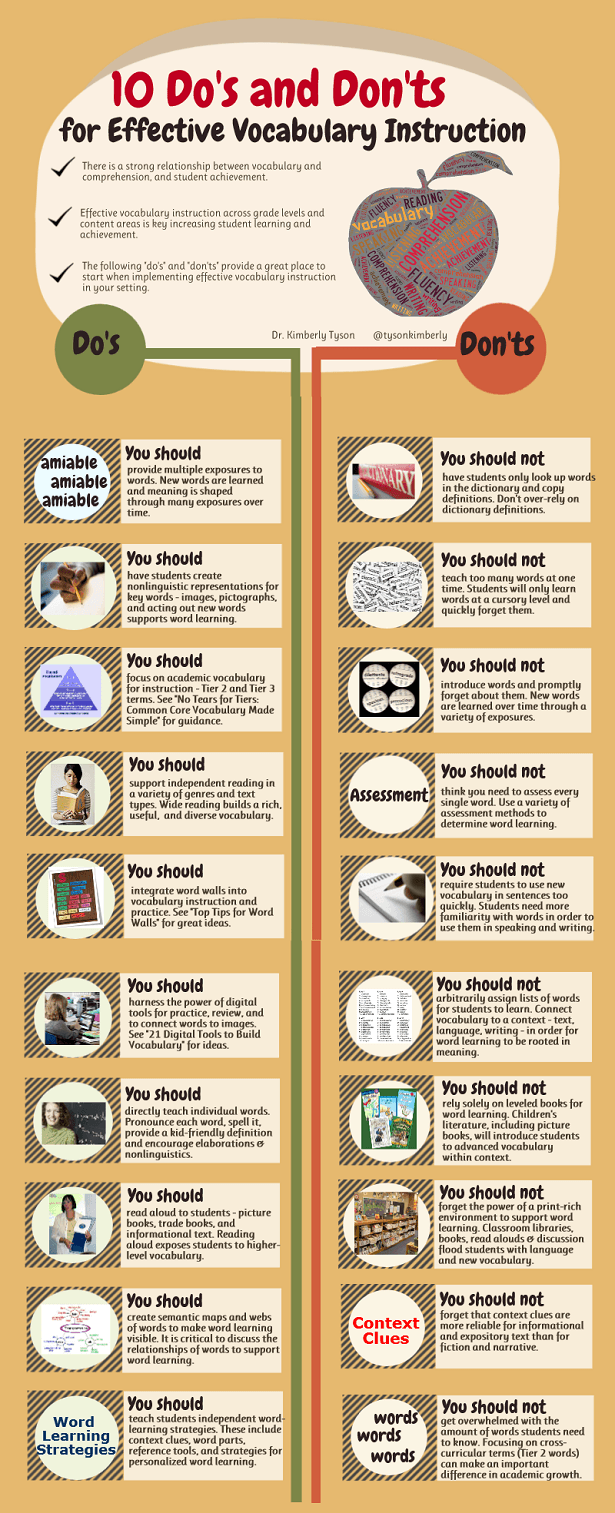 Visualization Techniques
Visualization Techniques
Many learners find that visualization techniques, such as creating mental images or using graphic organizers, help them learn and remember new vocabulary. For example, you might try creating a mind map that connects new words to related concepts or visualizing a scene in your mind that incorporates the new word. This technique can be especially helpful for visual learners who need to make connections in order to remember new information.
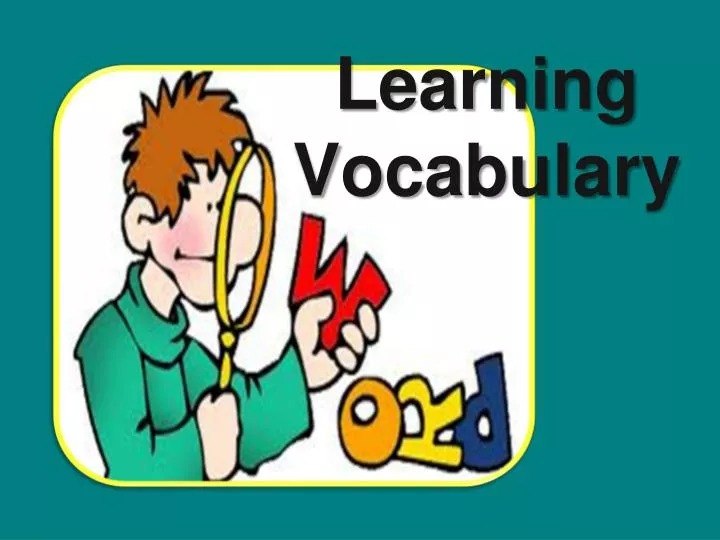 Creating Personal Connections
Creating Personal Connections
A good way to remember new words is by creating personal connections. Associate new words with familiar things, experiences, or emotions. For example, if you’re trying to learn the word “elated,” think about a time when you felt elated and associate that feeling with the word. This technique can make the new word more memorable.
Question and Answer
Q: How many words should I learn in a day?
A: The number of words you learn in a day depends on your learning style and goals. However, it’s essential to balance quantity with quality. Focus on learning words that are useful and relevant to your life and taking the time to understand them fully.
Q: How can I stay motivated to learn vocabulary?
A: Motivation is key to successful vocabulary learning. One way to stay motivated is by setting achievable goals and rewarding yourself when you reach them. You might also try finding a language exchange partner or joining a study group to stay motivated and accountable.
Q: What’s the best way to review vocabulary?
A: Reviewing vocabulary regularly is essential for retention. One effective way to review is by using spaced repetition software or flashcards that gradually increase the spacing between reviews. You might also try testing yourself with quizzes or games to keep the material fresh in your memory.
Q: Should I focus on memorizing definitions or using new words in context?
A: Both memorizing definitions and using new words in context are essential for effective vocabulary learning. A good strategy is to focus on understanding the context of new words and paying attention to how they are used in different situations. This can help you better understand the nuances of meaning and use the words more effectively in your own writing and speech.
Conclusion of Strategies to Learn Vocabulary
Learning vocabulary doesn’t have to be difficult or boring. By using contextual clues, technology, visualization techniques, creating personal connections, and reviewing vocabulary regularly, you’ll be able to expand your lexicon and communicate more effectively in English.
Gallery
Tips For Effective Vocabulary Instruction Infographic - E-Learning

Photo Credit by: bing.com / vocabulary instruction effective infographic don ts tips teaching strategies english infographics learning dos reading donts kimberly activities dr education language
What Every Teacher Should Know About Teaching Vocabulary - The

Photo Credit by: bing.com / vocabulary teaching teacher should know every strategies instruction study teach words word read elementary reading research classroom deal strong big
PPT - Learning Vocabulary PowerPoint Presentation, Free Download - ID

Photo Credit by: bing.com / vocabulary learning presentation ppt powerpoint strategies
Infographic: 10 Principles For Effective Vocabulary Instruction

Photo Credit by: bing.com / vocabulary infographic
Clarifying (With Images) | Vocabulary Strategies, Vocabulary Skills

Photo Credit by: bing.com / vocabulary strategies teaching skills development classroom words pdf literacy instruction school reading language semantics building students activities concepts learning english


